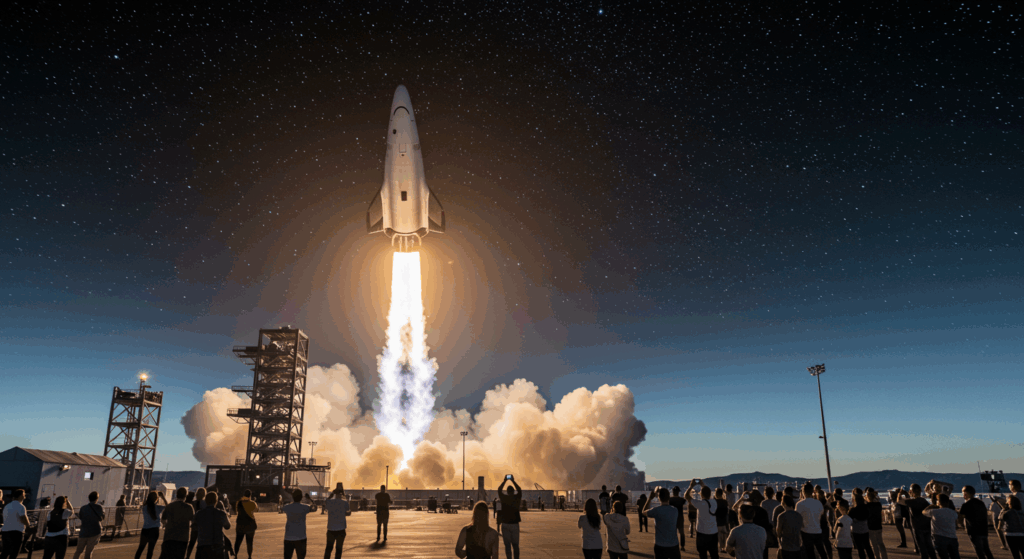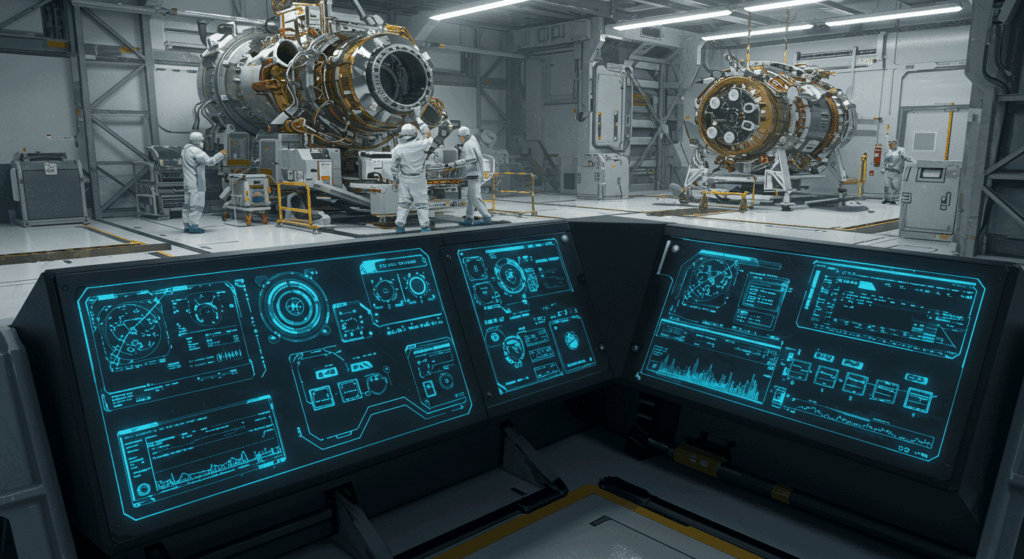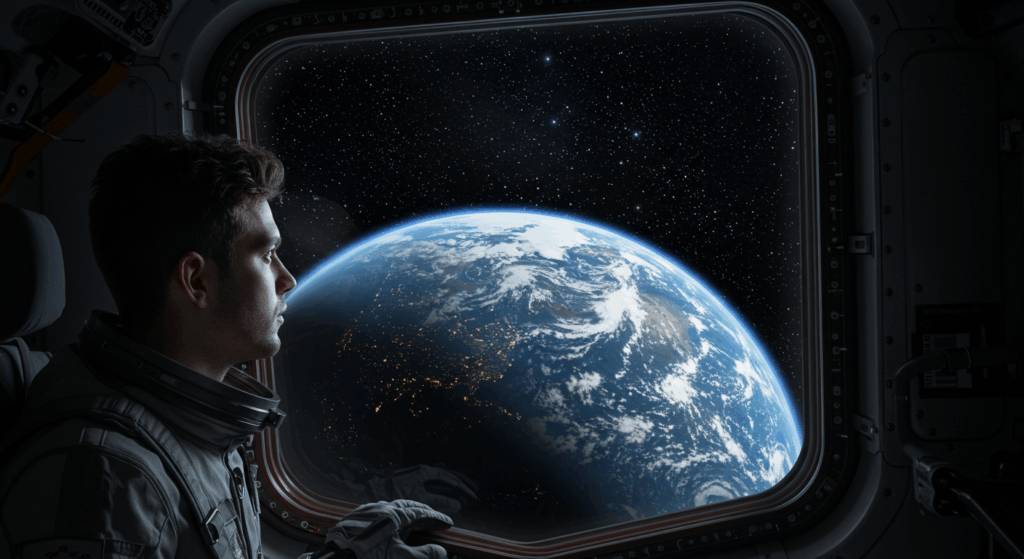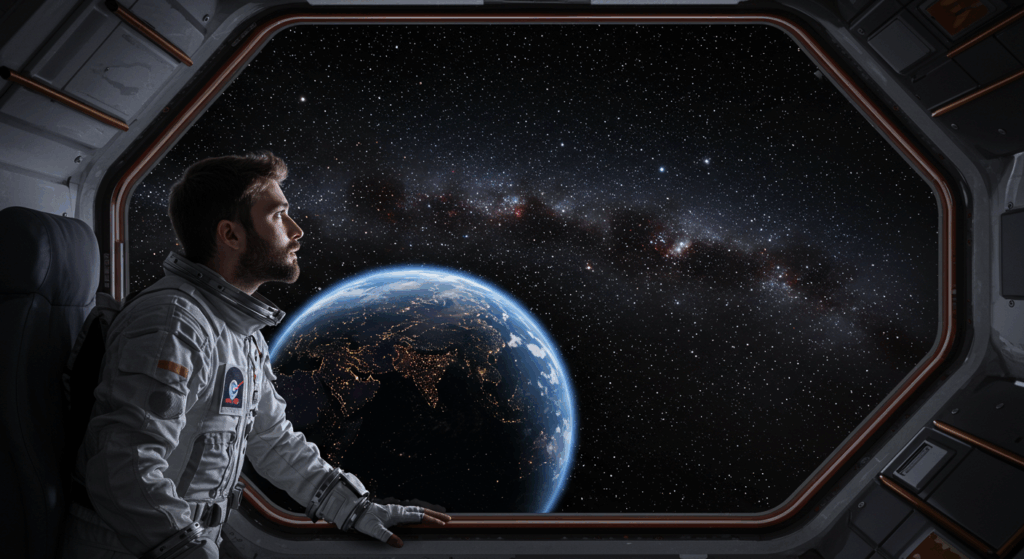Rise of Space Tourism: 2025 Makes the Cosmos Accessible

Have you ever dreamed of seeing Earth from the edge of space? In 2025, that dream is becoming a reality for more people than ever before, as space tourism takes a giant leap forward. What was once a privilege reserved for billionaires is now opening up to adventurers, scientists, and even curious travelers, thanks to groundbreaking advancements by companies like SpaceX, Blue Origin, and Virgin Galactic. At NovexaHub, we’re exploring this cosmic revolution in our science category, diving into how space tourism is evolving today—and what it means for humanity’s future among the stars. Ready to embark on a journey beyond our planet?
A New Era of Space Travel: From Billionaires to Everyday Explorers

Space tourism has come a long way since its early days. In 2021, Jeff Bezos and Richard Branson made headlines with their suborbital flights, but the $75 million price tag kept the experience out of reach for most. Fast forward to 2025, and the landscape has shifted dramatically. SpaceX’s Starship has completed its first civilian orbital mission, carrying 12 passengers—including teachers, artists, and entrepreneurs—for a fraction of the previous cost, around $500,000 per seat. Blue Origin’s New Shepard now offers suborbital flights for as low as $200,000, with a 10-minute journey that lets you experience weightlessness and see the curvature of Earth. Virgin Galactic, meanwhile, has scaled up operations, flying over 800 passengers in 2024 alone, with plans to double that number in 2025. This isn’t just a luxury trip—it’s a cultural shift, making space accessible to a broader audience and inspiring a new generation of explorers.
The Technology Behind the Journey: What Makes 2025 a Turning Point?

The democratization of space tourism in 2025 is fueled by cutting-edge technology. SpaceX’s reusable Starship rocket has slashed launch costs by 50%, making frequent missions economically viable. Blue Origin’s advancements in life-support systems ensure passenger safety, while AI-powered navigation systems guide spacecraft with precision. These innovations aren’t just about getting to space—they’re about making the experience seamless and safe for non-astronauts. For example, SpaceX’s Starship includes panoramic windows for breathtaking views, and Virgin Galactic’s spacecraft features cabins designed for comfort, with seats that adjust to zero gravity. Beyond the tech, companies are building spaceports in diverse locations—like Dubai and Singapore—making launches more accessible globally. In 2025, space tourism isn’t just a sci-fi dream; it’s a tangible reality, redefining what it means to travel.
The Impact on Earth: Inspiring Science, Culture, and Sustainability

Space tourism isn’t just about the journey—it’s about what it means for life on Earth. The influx of civilian space travelers is inspiring a new wave of scientific research, with passengers conducting experiments in microgravity that could lead to breakthroughs in medicine and materials science. Culturally, the experience is reshaping how we view our planet. Astronauts often describe the “overview effect”—a profound sense of unity and responsibility for Earth after seeing it from space—and now, more people can experience this perspective firsthand. On the sustainability front, companies are addressing the environmental impact of launches, with SpaceX developing methane-based fuels that burn cleaner than traditional kerosene. Space tourism in 2025 is proving that exploring the cosmos can also help us protect our home planet.
What’s Next: A Future Among the Stars

The rise of space tourism in 2025 is just the beginning. Companies are already planning lunar flybys, with SpaceX aiming to send tourists around the Moon by 2027. Orbital hotels, like the one proposed by Axiom Space, could become a reality within the decade, offering week-long stays in space. But challenges remain—cost, safety, and environmental concerns must be addressed to make space travel truly sustainable and inclusive. As we look to the stars, one question looms: how will this new era shape humanity’s future? What do you think—would you take a trip to space if you had the chance, or do we need to focus more on Earth first? Share your thoughts in the comments below, and explore more cosmic stories at NovexaHub’s science category, where the universe is always within reach.
